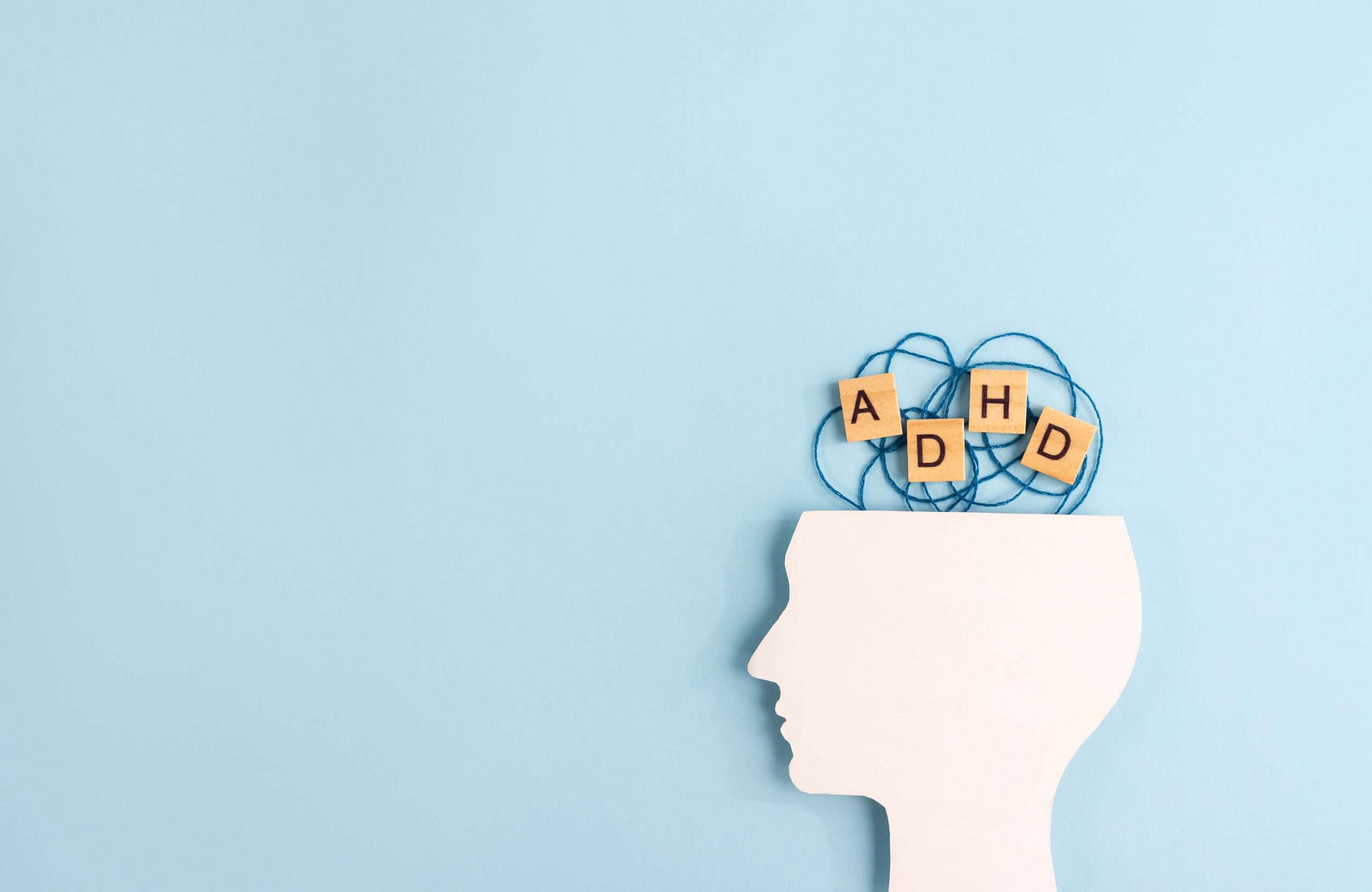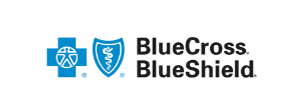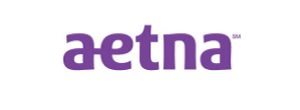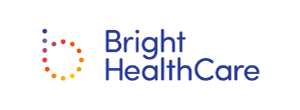ADHD Treatment Center in Nashville, TN
Attention deficit hyperactivity disorder (ADHD) occurs when there are hindrances in the brain. There is disrupted functionality in the nervous system. This, in turn, affects attention, impulse control, and activity.
ADHD impacts attention span and carrying out daily activities. It also can hurt social relationships. Social relationships are a vital component of a well-rounded quality of life. Southeast Addiction Center’s ADHD Treatment Center in Nashville, TN, aims to improve the overall symptoms of ADHD. Our goal is for our patients to maintain a high standard of living.
More than 8 million adults have adult ADHD, and many are completely aware. The symptoms are often ignored or self-diagnosed as stress or the consequences of a busy lifestyle.
Millions of children are diagnosed with ADHD, most occurring in adolescence between 12-17. Children tend to be diagnosed with ADHD because of environmental factors. Genetics are hard to determine ADHD in children because their bodies are still growing and developing. However, that does not entirely rule out genetics as a root cause.

Why Choose Southeast Addiction Center?
Southeast Addiction Center’s ADHD Treatment Center in Nashville, TN, has a qualified and experienced staff with combined decades of experience. The Nashville treatment center is a leader in behavioral health while being easily accessible to surrounding areas. Medical professionals lead our ADHD treatment programs. They have dedicated their careers to treating substance abuse and mental health disorders.
We use evidence-based treatment models in our behavioral therapy sessions. They are backed by scientific research and are effective for our clients. Also, evidence-based models allow our clinicians to develop individualized treatment plans.
Our facilities continue the vibrant culture and beautiful scenery enjoyed by those who call Tennessee home. The rooms in our center are designed for privacy or a roommate, depending on your preference. The kitchens are well-stocked with healthy choices that promote wellness. We also offer quiet spaces for therapy, taking time for personal reflection, and practicing the skills you gain from treatment.
Our ADHD Treatment Programs
Effective treatment, access to rehab programs, and proper education are critical. Those actions can save those with mental health and substance abuse disorders. We have different levels of programs that fit the specific needs of our clients.
-
The Partial Hospitalization Program (PHP) offers structured care during the day, allowing you to return home at night. It provides intensive treatment, including medication management and counseling, tailored to ADHD.
PHP closely watches symptoms, establishes routines, and builds a supportive community. Research shows that PHP significantly improves symptom management and overall quality of life for individuals with ADHD.
-
The Intensive Outpatient Program (IOP) is a flexible treatment option without an inpatient stay. You get to maintain your daily routines while addressing your ADHD. IOP aims to stabilize mood swings, manage symptoms, and improve functioning.
-
Sober Living Homes offer structured housing that provides additional accountability through drug tests and curfews. Sober living is often used in conjunction with PHP and IOP.
-
Medical Detox allows our clients to be medically monitored through the withdrawal process. When a mental health disorder co-occurs with a substance use disorder (SUD), detoxing in a controlled environment can sometimes be the key to survival. Reactions can occur: tremors, nausea, vomiting, cold sweats, seizures, heart attack, and stroke. By detoxing in the presence of a medical team, you will be monitored around the clock so that necessary interventions can be made during the treatment process.
Co-Occurring Disorders
Other disorders can occur with ADHD, making diagnosis, treatment, and recovery a long and difficult process. This includes learning disabilities, anxiety disorders, conduct disorders, depression, and substance use disorders (SUD). This is called a co-occurring disorder or dual diagnosis. Mental health disorders, SUD, and other disorders must be treated together for long-term recovery.
Below are some of the common co-occurring disorders that individuals with ADHD have:
-
Anxiety disorders are mental health disorders associated with excessive fear and worry. They can cause sweating, headaches, and rapid heart rate. There are several types of anxiety, including generalized anxiety disorder (GAD), panic disorder, and social anxiety disorder.
-
Conduct disorders make it difficult to follow the rules and obey social norms. Individuals with substance disorders typically have little regard for the welfare of others.
-
Major depressive disorder (MDD) is the most common type of depression. The symptoms include feelings of sadness, loss of interest in activities once found enjoyable, changes in eating habits, disruptive sleep patterns, and trouble concentrating, even on routine tasks.
-
Substance use disorders (SUD) are addictions to drugs and alcohol. The abuse can lead to physical and mental health problems, social isolation, and poverty.
Southeast Addiction Center Payment Options
We make drug rehab affordable and straightforward. Our admissions team will navigate your health insurance coverage and find payment options.
Some of the in-network treatment providers we accept include:
-
Humana
-
Aetna
-
BlueCross BlueShield
-
Value Options
-
Anthem
-
ComPsych
-
Bright Healthcare
-
VA Health Care
We accept most other private insurance policies as well.
If you don’t have insurance, there are other ways to pay. We help you explore other payment options. We want to find the plan that suits you at an affordable cost.
Understanding ADHD
In the age of large classrooms and sometimes overpopulated schools, hearing that multiple kids in a classroom have ADHD is not uncommon. The term is so often used when kids misbehave or are off-task that it has become second nature to assume that’s the problem.
Regarding the workplace, adults often work long hours and have demanding schedules. They have to juggle multiple tasks, a home life, and a social life, often on the same day.
It’s easy for many people to say, “Blame it on my ADHD.” However, ADHD is a complex mental disorder beyond a student being bored in class or a busy adult with dozens of responsibilities.
To stress the importance of medical attention for an ADHD diagnosis and subsequent treatment, it is critical to understand the facts about the disorder.
The name gives us insight into the symptoms of ADHD. The National Institute for Mental Health (NIMH) breaks down key indicators. Primarily, individuals will exhibit trouble paying attention to conversations, movies and TV shows, lectures in class, and meeting at work. The other two common symptoms are hyperactivity, increased movement and fidgeting, and impulse control issues.
A medical diagnosis is essential if you suspect you or a loved one might have ADHD. Experts in the field will be able to evaluate the individual and consider family history and genetics along with any other functional impairment that might be linked to ADHD. According to the World Health Organization (WHO), children diagnosed with ADHD can continue to display symptoms into adulthood. They may face job and relationship challenges and ongoing mental health difficulties.
13% of children are diagnosed each year in Tennessee. Of those, nearly 10% are placed on medication to treat the disorder. Vanderbilt University Medical Center in Nashville, Tennessee, has a team of specialists who concentrate specifically on ADHD and the public health crisis in the state. Citizens in Tennessee are not alone when it comes to ADHD. Nashville offers ADHD support groups. These groups are valuable because they provide information, resources, peer groups, and support for kids and adults with ADHD.
FAQ about ADHD
Q: What is ADHD?
A: ADHD is a neurodevelopment disorder often diagnosed in childhood. It can continue into adulthood.
Q: What causes ADHD?
A: ADHD has multiple possible causes. Those include genetics, brain injuries, substance abuse during pregnancy, and other mental health disorders.
Q: Is ADHD more common in adolescents than adults?
A: While ADHD is most commonly diagnosed in children, it can continue displaying symptoms in adulthood. Approximately 2% of adults diagnosed as children suffer from adult ADHD.
Q: Is there a cure for ADHD?
A: ADHD doesn’t have a cure. However, proper treatment can help individuals cope with and manage the symptoms.
Q: What is happening in the brain of a person with ADHD?
A: The brain’s reward center and mood control errors do not function properly. Therefore, a person constantly strives to fill these gaps through actions and feelings of inattention.
Q: What is the difference between ADD/ADHD?
A: Attention deficit disorder (ADD) is an outdated name for ADHD. The diagnosis, symptoms, and treatment are the same.
Why is it Important to Seek Treatment for ADHD?
ADHD is a complex disorder with various subtypes and severity levels. ADHD usually starts in childhood and can continue into adulthood. People with ADHD have trouble staying focused, keeping still, and controlling their actions. It can affect school, relationships, and daily life. Someone with ADHD might appear careless or scattered. But they don’t have to continue in that manner.
If you or a family member needs support treating ADHD, we encourage you to contact Southeast Addiction Center Tennessee. We offer a safe place where you can learn more about behavioral issues. Living beyond the confinements of ADHD improves the quality of life and contributes to overall wellness. You can reach us at 615-326-6449 or email us at [email protected].
Our Programs

About Us












